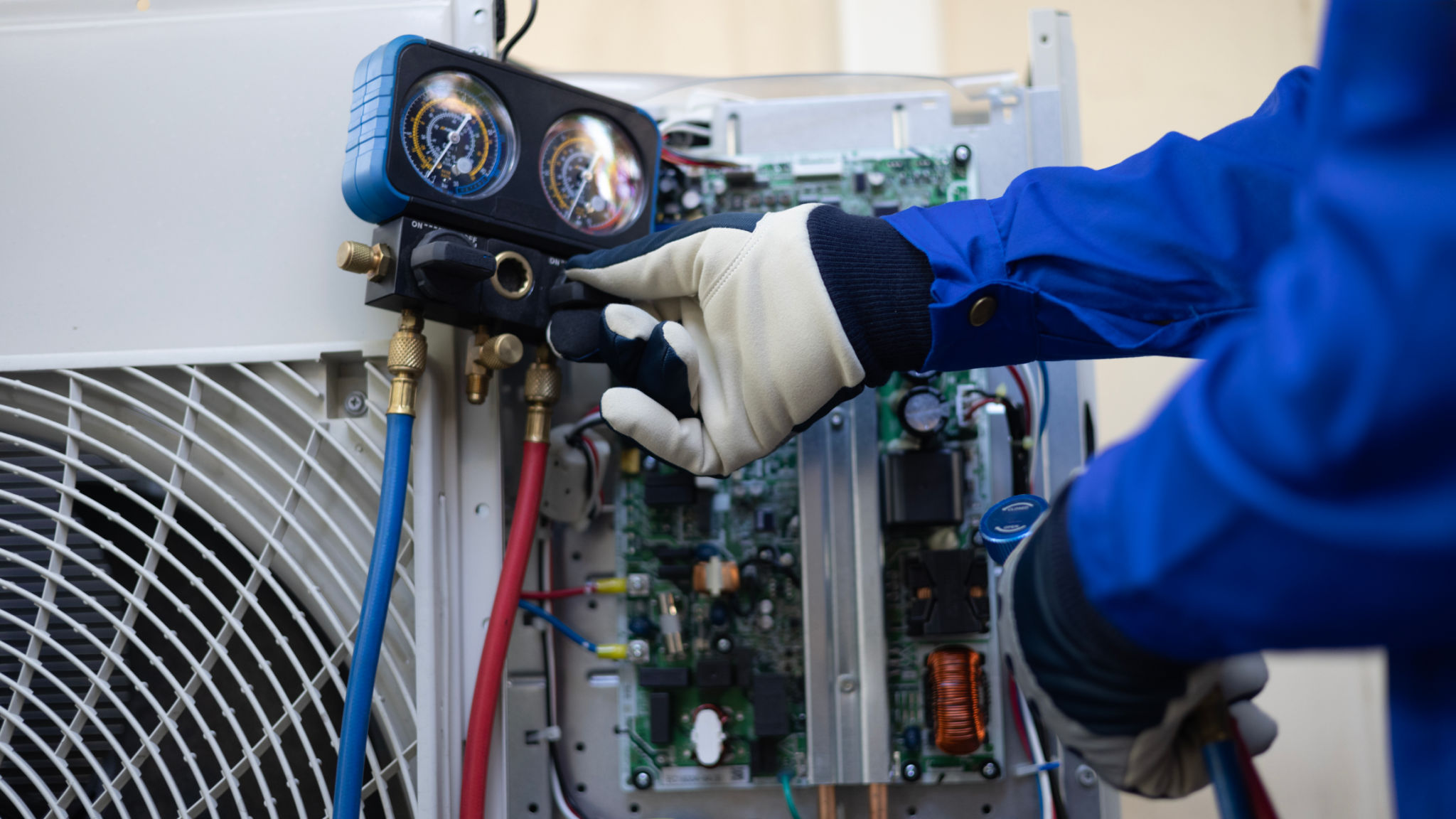Comprehensive Guide to Choosing the Right Industrial Air Compressor for Your Business
Understanding the Basics of Industrial Air Compressors
Industrial air compressors are vital in various industries, providing the power necessary for tools and machinery. Choosing the right air compressor is crucial for efficiency and cost-effectiveness. Understanding the types, specifications, and requirements of air compressors can help make an informed decision that best suits your business needs.

Types of Industrial Air Compressors
There are several types of industrial air compressors, each with its own applications and advantages. The most common types include:
- Reciprocating Air Compressors: Known for their durability and efficiency, ideal for small to medium-sized applications.
- Rotary Screw Compressors: Provide a continuous flow of compressed air for larger industrial applications.
- Scroll Compressors: Compact and quieter, suitable for environments where noise is a concern.
Key Specifications to Consider
When selecting an industrial air compressor, certain specifications are critical to ensuring it meets your business requirements:
- CFM (Cubic Feet per Minute): Indicates the compressor's output volume. Higher CFM is necessary for more demanding tasks.
- PSI (Pounds per Square Inch): Measures the pressure capacity. Ensure the PSI matches or exceeds your equipment's requirements.
- Horsepower (HP): Reflects the engine power. Higher HP units are generally more powerful and efficient.
Assessing Your Business Needs
Before purchasing an industrial air compressor, assess your specific business needs. Consider the size and type of operations, the tools and machinery used, and the frequency of use. A comprehensive understanding of these factors will help determine the best type and size of compressor for your operations.
Energy Efficiency and Maintenance
Energy efficiency is a critical factor when choosing an air compressor. Opting for an energy-efficient model can lead to significant cost savings over time. Look for compressors with energy-saving features such as automatic shut-off valves or variable speed drives.

Understanding Maintenance Requirements
Regular maintenance is essential to ensure the longevity and reliability of your air compressor. Consider models with easy access to parts for routine maintenance. Additionally, check if the manufacturer offers reliable customer support and warranty options.
Budgeting and Cost Considerations
The cost of an industrial air compressor goes beyond the initial purchase price. Factor in installation costs, ongoing energy expenses, and maintenance fees. It's important to choose a model that fits within your budget while still meeting your operational needs.

Making the Final Decision
After evaluating all factors, narrow down your options to a few models that best align with your business requirements. Consulting with industry experts or suppliers can provide additional insights and help you make a confident decision. Remember that investing in the right industrial air compressor is a long-term commitment that can enhance productivity and efficiency in your operations.
